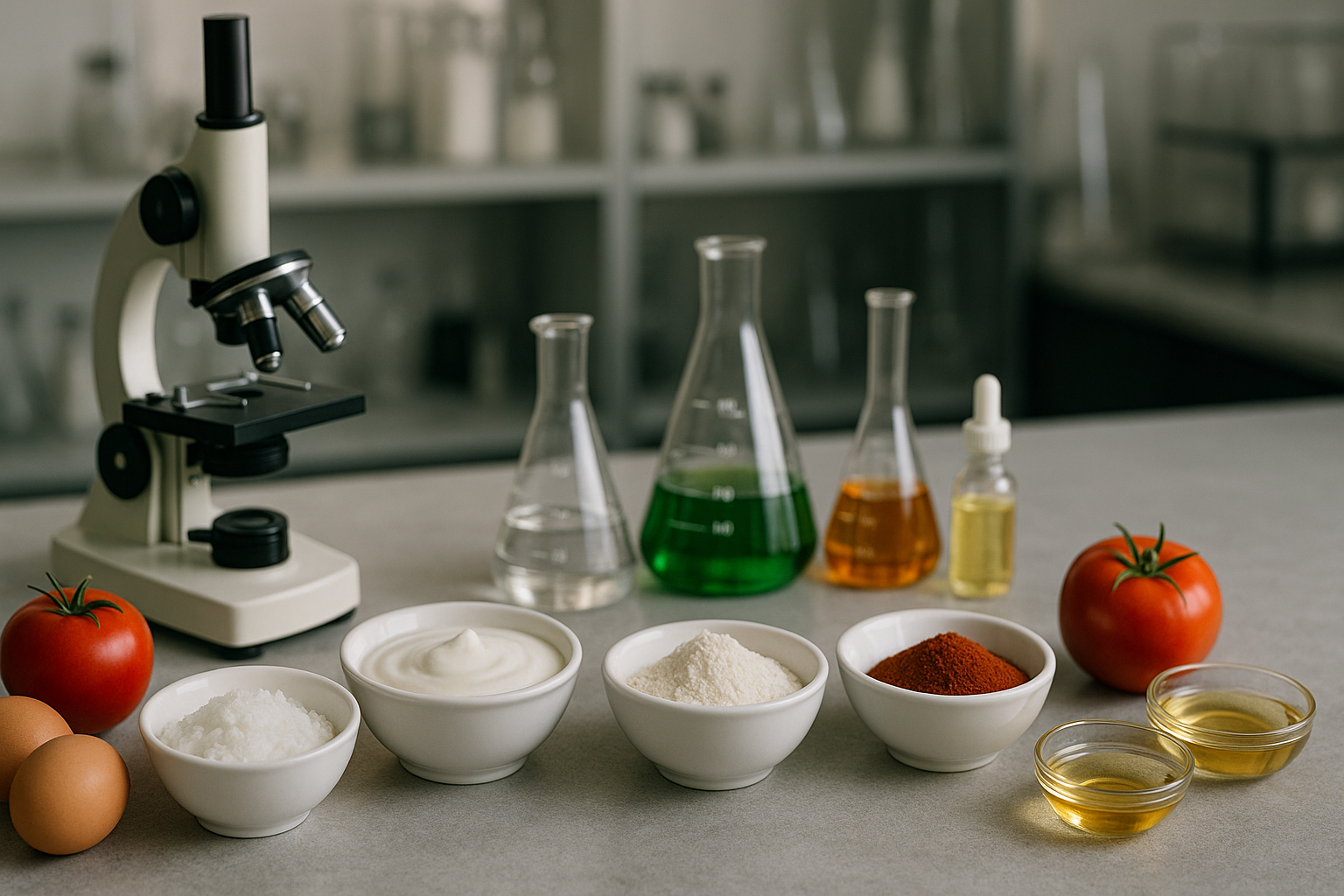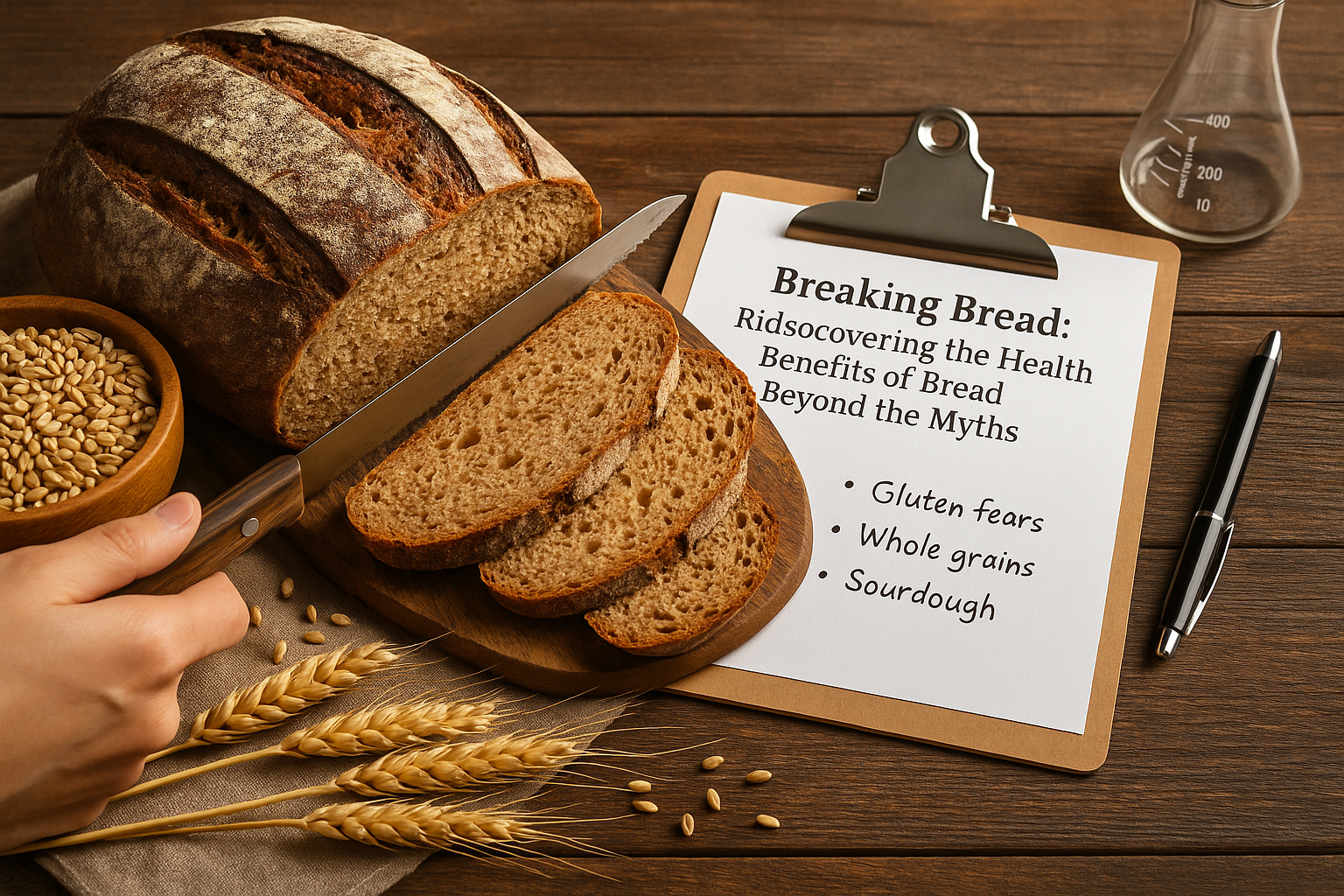
Understanding Maltodextrin Health Effects and Safety
SUBSCRIBE TO OUR BLOG
Promotions, new products, and recipes.
Maltodextrin is a common food additive that often flies under the radar, yet it plays a significant role in many of the products we consume daily. But what exactly is this mysterious ingredient, and should we be concerned about its presence in our food? In this comprehensive guide, we'll explore the nature of maltodextrin, its various applications, and address the burning question: Is maltodextrin safe?
We will also dive into the potential Maltodextrin Health Effects and what they might mean for your well-being. Maltodextrin is a polysaccharide, a form of carbohydrate derived from starch. It's typically derived from corn, wheat, or potato starch through a process called partial hydrolysis. This process breaks down the starch into smaller molecules, resulting in a white, slightly sweet powder that dissolves easily in water.

Chemical Properties of Maltodextrin
- Formula: (C6H10O5)n, where "n" indicates the number of glucose units
- Compound name: Maltodextrin is not a single compound, but a mixture of D-glucose unit chains
- Properties: Highly soluble in water, mildly sweet, and easily digestible
Maltodextrin Health Effects Versatility in Food and Beyond
Its unique properties make it a valuable ingredient in various industries, particularly in food production. Here are some common applications:
- Food thickener and filler: It adds bulk and improves texture in many processed foods.
- Sweetener: While less sweet than sugar, it can enhance flavors in food products.
- Preservative: It aids in extending the shelf life of various foods.
- Sports nutrition: Often used in energy gels and powders for athletes.
- Pharmaceutical industry: As a binding agent in tablets and a carrier for flavors.
- Maltodextrin in Food Products: Where You Might Find It
You might be surprised to learn how prevalent maltodextrin health effects are in everyday food items. It's commonly found in:
- Artificial sweeteners
- Instant puddings and gelatins
- Salad dressings
- Sauces and gravies
- Dried soups and flavor packets
- Powdered beverages
- Snack foods like chips and crackers
- Frozen desserts
Maltodextrin Health Effects: Weighing the Pros and Cons
As with many food additives, maltodextrin has both potential benefits and risks. Let’s examine both sides of the equation.
Maltodextrin Benefits
- Quick energy source: Its rapid absorption can provide a quick energy boost.
- Easily digestible: For individuals with certain digestive issues, it can be easier to tolerate than some other carbohydrates.
- Versatile food additive: Its properties make it useful in creating various food textures and extending shelf life.
Maltodextrin Risks and Side Effects
- Blood sugar impact: It has a high glycemic index, potentially causing rapid blood sugar spikes.
- Digestive issues: Some people may experience bloating, gas, or diarrhea when consuming maltodextrin.
- Potential allergen: While rare, some individuals may be allergic to it, especially if derived from wheat.
- Gut micro biome concerns: Some studies suggest it might negatively affect gut bacteria balance.

Is Maltodextrin Safe? Evaluating the Evidence
The safety of maltodextrin has been extensively studied, and it is generally recognized as safe (GRAS) by the U.S. Food and Drug Administration (FDA). However, like any food ingredient, its safety can depend on individual factors and consumption levels.
Maltodextrin and Diabetes: A Special Consideration
For individuals with diabetes or those at risk of developing the condition, maltodextrin high glycemic index is a significant concern. Its rapid absorption can lead to blood sugar spikes, which may be problematic for managing diabetes. If you have diabetes or are at risk, it's advisable to consult with a healthcare professional about your maltodextrin consumption.
Making Informed Choices about Maltodextrin Health Effects
While it is generally considered safe for most people, it's essential to be aware of its presence in your diet, especially if you have specific health concerns. Here are a few tips to help you make informed decisions:
- Read labels: If you're concerned about it, check ingredient lists on packaged foods.
- Monitor your intake: If you have diabetes or are watching your blood sugar, be mindful of products containing maltodextrin.
- Choose whole foods: Opting for less processed foods can naturally reduce your maltodextrin intake.
- Listen to your body: If you notice any adverse effects after consuming products with maltodextrin, consider reducing your intake or consulting a healthcare professional.
Conclusion: Maltodextrin Health Effects
In the complex landscape of food additives, maltodextrin stands out as a versatile and widely used ingredient. While it offers benefits in food production and can be a quick energy source, it's not without potential drawbacks, particularly for certain individuals.
At Cape Crystal Brands, we believe in empowering consumers with knowledge to make informed decisions about their food choices. Whether you're looking to understand more about food additives or seeking high-quality ingredients for your culinary creations, we're here to help.
Frequently Asked Questions
Is Maltodextrin Good For Your Health?
It is typically safe for most individuals when consumed in moderation. It can provide quick energy, but it's not particularly nutritious. For overall health, it's best to focus on whole, unprocessed foods.
Does Maltodextrin Have Side Effects?
Some people may experience digestive issues like bloating or diarrhea when consuming it. It can also cause rapid blood sugar spikes, which may be a concern for some individuals.
Is Maltodextrin Fake Sugar?
No, it is not fake sugar. It's a type of carbohydrate derived from starch. While it has some sweetness, it's primarily used as a thickener, filler, or preservative in food products.
Does Maltodextrin Spike Insulin?
Yes, it can cause a rapid increase in blood sugar levels, which typically leads to an insulin spike. This is because of its high glycemic index.
Is Maltodextrin Safe For Children?
It is generally considered safe for children when consumed in moderate amounts as part of a balanced diet. However, it's always best to consult with a pediatrician about specific dietary concerns.
Is Maltodextrin Safe For Babies?
It is sometimes used in infant formulas and is considered safe by regulatory agencies. However, it's crucial to follow pediatrician recommendations for infant nutrition and discuss any concerns about specific ingredients.

|
About the Author Ed is the founder of Cape Crystal Brands, editor of the Beginner’s Guide to Hydrocolloids, and a passionate advocate for making food science accessible to all. Discover premium ingredients, expert resources, and free formulation tools at capecrystalbrands.com/tools. — Ed |
Enjoyed this post? Subscribe to The Crystal Scoop
Food-science tips, ingredient know-how, and recipes. No spam—unsubscribe anytime.
- Choosing a selection results in a full page refresh.



